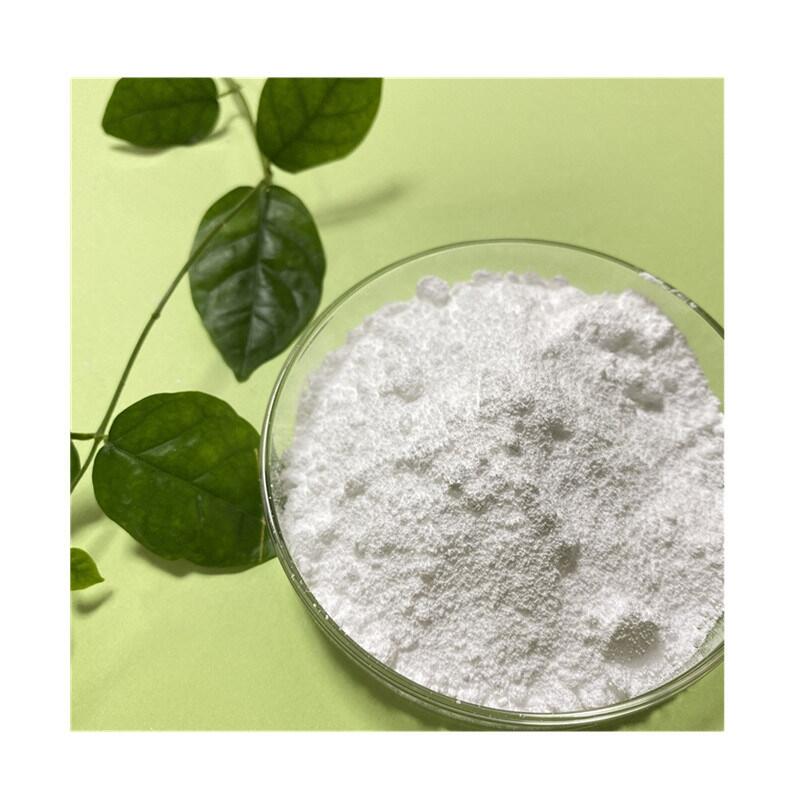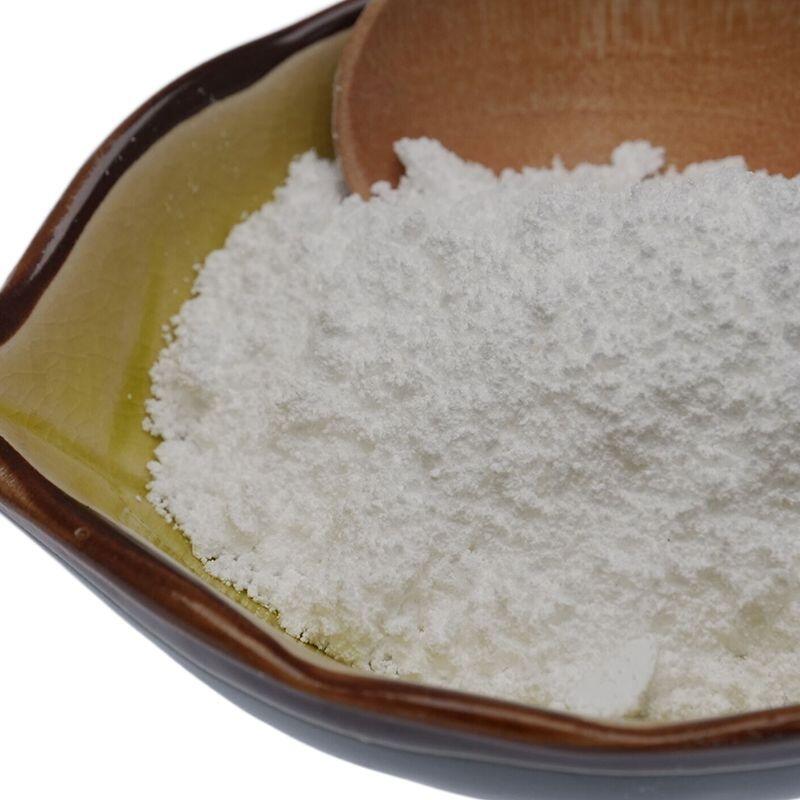-
Categories
-
Pharmaceutical Intermediates
-
Active Pharmaceutical Ingredients
-
Food Additives
- Industrial Coatings
- Agrochemicals
- Dyes and Pigments
- Surfactant
- Flavors and Fragrances
- Chemical Reagents
- Catalyst and Auxiliary
- Natural Products
- Inorganic Chemistry
-
Organic Chemistry
-
Biochemical Engineering
- Analytical Chemistry
-
Cosmetic Ingredient
- Water Treatment Chemical
-
Pharmaceutical Intermediates
Promotion
ECHEMI Mall
Wholesale
Weekly Price
Exhibition
News
-
Trade Service
Zong Mao I, industry overview (i) concept definition of the current national and regional cell therapy products (Cellular Therapy Products) definition is not the same, there is no unified definition of cell therapy products in China.
China's former State Food and Drug Administration issued the "Technical Guidelines for the Research and Evaluation of Cell Therapy Products (Trial)" (No. 216 of 2017), which stated that cell therapy products are live cell products used to treat human diseases, the source, operation and clinical trial process meet ethical requirements, and are developed and registered in accordance with relevant regulations on drug management.
Generally speaking, cell therapy products refer to the human self-or allogeneic cells after in-body treatment, return to the human body after treatment or prevention of disease products, wherein in-body operations include cell in-body transmission, amplification, screening and giving drugs or other treatment that can change the biological behavior of cells, cell therapy products treated cells play a major role in treating or preventing disease.
(ii) Industry segmentation At present, there is no clear and uniform definition of the scope of cell therapy, it is generally believed that cell therapy includes immunocell therapy, stem cell therapy and other cell therapy (e.g. cartilage cells, neither stem cells nor immune cells).
Immunocellular Therapy (cell-mediated immunotherapy) is a therapy that kills tumor cells in the blood and tissues by collecting human autoimmune cells, which are modified and cultured in vitro, and a large number of immune-effect cells that are targeted to kill and kill.
stem cells are a class of self-replicating multi-potential cells that can be divided into functional cells under certain conditions.
II, market performance (i) product overview has been listed in the world more than 40 cell therapy products (including withdrawn products), of which only 5 immunocellular therapy products approved for market (of which 3 are CAR-T cells, 1 is DC cells, 1 is T cells), the rest are stem cell therapy products and other cell therapy products.
from the first listed countries and regions, the listed areas are mainly in the United States, South Korea, Japan and the European Union, China has no cell therapy products approved for listing.
time-to-market, cell therapy products are concentrated after 2000.
From the point of view of adaptive diseases, stem cell products are very broad, including cancer, neurological diseases, cardiovascular diseases, metabolic system diseases, digestive diseases, etc. ;
Figure 2 Listed Cell Therapy Product Classification Data Source: Firestone Creation Public Data Collation Figure 3 Listed Cell Therapy Products First Listed Country Data Source: Firestone Creation Public Data Collates Domestic Immunocell Therapy, mostly concentrated in the CAR-T field, more than 80% of enterprises were established after 2015 (companies that have approved clinical trials of CAR-T products).
2020, two CAR-T cell therapy products will be submitted for market and included in the priority review.
are the anti-human CD19 CAR-T cell therapy product Ikililunsai injections (tentative) introduced by Fosun Kate from Kite Pharma, and the CD19 CAR-T therapeutics product Ricky Lunsey injections (tentatively) developed on the basis of Juno JCAR017 in the United States.
At present, a number of domestic enterprises CAR-T research and development projects to advance to the clinical stage, as of the third quarter of 2020, a total of 34 clinical declarations have been accepted by CDE, the progress of the leading Fosun Kate, Yukadi, Kingsley (Nanjing Legend), Sibiman, Kozi Bio, Bosheng Gianco and so on.
Figure 4 Domestic CAR-T clinical trials accept the number of TOP5 enterprise data source: CDE, Firestone creation and finishing according to the urban distribution, Shanghai is far ahead, accounting for half of the mountains (52.94%), followed by Beijing and Shenzhen, each has Three enterprises, Three companies in Beijing are Beijing Yimei Medical Technology Co., Ltd., Beijing Horsepower Biotech Co., Ltd. and Beijing Yongtai Ruike Biotech Co., Ltd., shenzhen three enterprises are Prijin (Shenzhen) Biotechnology Co., Ltd., Shenzhen Binde Biotechnology Co., Ltd., Shenzhen Inno Immunization Co., Ltd.
5 domestic acceptance of CAR-T clinical trial urban distribution data source: CDE, firestone creation and finishing of China's stem cell upstream is more mature, downstream applications to be developed.
compared with the mature stem cell industry chain abroad, China's stem cell industry is still in the initial stage of development, only the upstream stem cell preparation and storage industry is more mature, most stem cell drugs are still in the research and development stage, there is no stem cell treatment products approved for market.
As of the third quarter of 2020, in accordance with China's Stem Cell Clinical Research Management Measures (Trial), a total of 119 stem cell clinical research filing institutions (including 12 military hospitals) have been announced by the National Health And Wellness Commission, 34 stem cell clinical research filing projects have been published by China's Medical Research Registration Information System and the Health Care Commission, and a total of 4 clinical trials of domestic stem cell drugs have been registered by the CDE Clinical Trial Registration Platform.
with the continuous liberalization of national policies, the number of clinical trials of stem cell therapy in China will continue to rise with the domestic enthusiasm for research and development in this field.
1 China's registered stem cell drug clinical trial details data source: CDE, Firestone creation finishing (ii) global market cell therapy products market is one of the fastest growing sub-sectors of the biopharmaceutical market.
stem cell sector, the global stem cell therapy market was approximately US$50.7 billion in 2014 and US$137 billion in 2018, with a compound annual growth rate of 22%.
the future stem cell therapy market growth rate will continue to maintain at more than 20%.
the field of immune cells, Corent Market Insights predicts that the global CAR-T cell therapy market value will grow at an average compound annual growth rate of up to 46.1% between 2018 and 2028.
will continue to account for more than 50% of the global market share of CAR-T cell therapy for some time to come, with the European market in second place.
But with the promotion of CAR-T-related policies in China and the strengthening of research and development efforts, more and more enterprises are flocking to the CAR-T industry market, China is expected to oversteed in the coming short period of time, occupying a large part of the global market share.
2020, three CAR-T products have been approved for sale worldwide.
2017 is a key year for cell therapy, with Kymriah and Yescarta getting FDA approval, marking market approval for CAR-T therapy.
2019, Kymriah and Yescarta's sales were $270 million and $450 million, respectively, growing at an annual rate of 260 percent and 70 percent, respectively.
July 24, 2020, the FDA accelerated approval of Tecartus, another CAR-T cell therapy product from Gilead subsidiary Kite, for the treatment of adult recurrence or recurring myoblastoma (MCL), and three CAR-T cell therapy products have been approved worldwide.
(3) The domestic market China has not yet been approved for the market of cell therapy products, but the market is pospising, full of development momentum.
, China and the United States lead the world in cell immunotherapy.
According to Clinical Trials, there were 1,103 CAR-T clinical trials worldwide as of the third quarter of 2020, of which more than 70% of the total number of CAR-T clinical trials in China and the United States were in the first tier, far higher than in other countries, including Canada, France, the United Kingdom and Italy.
, policy-oriented China's cell therapy products in the field of "encourage and standardize" two-way promotion of the policy-oriented.
Over the past decade, China has developed a number of important policies and regulations in the field of cell therapy, especially since 2015, especially in 2020, and the policy has greatly promoted the development of cell therapy, including stem cells and immunocellular therapy, into a fast track.
shenzhen is actively exploring cell legislation to regulate and promote the benign and steady development of the cell therapy industry in Shenzhen under the east wind of a series of policies such as the national comprehensive reform pilot.
currently China's cell therapy products according to drugs, medical technology management of the "two-track system" supervision.
enterprises' cell preparations are encouraged to be declared according to the drug, supervised by the State Drug Administration (NMPA) in accordance with the drug, clinical trials need to be declared and filed; The supervision of
cell products is also known as the "double filing" system, for example, institutions that intend to carry out clinical research on stem cells shall report the complete institutional filing materials and the filing materials of the proposed research projects to the State Health and Health Commission and the State Drug Administration for the record after being reviewed by the provincial health administrative departments and drug regulatory departments.
support of national policies, domestic cell therapy products ushered in clinical trials and market applications fast track.
As of the third quarter of 2020, two cell therapy products have been included in the list of breakthrough therapeutic varieties, namely LCAR-B38M CAR-T cell auto-retranscission agent of legendary organisms and CAR-T cell therapy JWCAR029 (tentative name: Ricky Lunsai injection); In the third quarter of 20 years, a total of 4 CAR-T products were included in the priority review process, and the 4 products belong to Nanjing Legendary Biotech Co., Ltd. (LCAR-B38M CAR-T cell auto-infusion agent), Beijing Horsepower Biotech Co., Ltd., Shanghai Hengrun Dasheng Biotech Co., Ltd., Koji Biopharmaceuticals (Shanghai) Co., Ltd.
4. Development trend (i) The iteration and development trend of immunocellular technology At present, tumor cell immunotherapy has developed from the first generation of LAK cells to the sixth generation of CAR-T cells (table below), accompanied by the enhancement of anti-tumor specificity and targeting, while the lethal activity and persistence are also enhanced.
immunocellular therapy, represented by CAR-T, has gradually derived many new technologies on the basis of upgrading iterations of existing technologies.
. Self-sized CAR-T applications are limited, universal type is on the way because most of the current CAR-T cells are produced using the patient's own T-cells, is an individual product, and there are individual differences between patients, the production of customized T-cells is an expensive and time-consuming process.
In addition, each CAR has a fixed antigen specificity, and each CAR-T preparation can only target specific table positions, so to increase CAR's flexibility, scientists are working to develop a universal CAR-T (UCAR-T).
. Car-T technology continues to improve, the emerging technology quietly emerged CAR-T therapy applications still face problems including lack of sufficient durability, antigen escape can lead to recurrence, low safety and production preparation, so CAR-T technology improvement is an important direction for its development, including: the use of gene editing tools to design universal CAR-T, reduce the toxicity of CAR-T immunotherapy, CAR-T as a drug delivery tool.
, new cell therapy technologies, such as CAR-NK, are quietly emerging.
. CAR-T breakthrough in solid tumor for the next scientific and technological difficulties due to the application of CAR-T to cure leukemia and lymphoma has no suspense, at present, many enterprises are targeting the last difficulty in cancer treatment - solid tumors, the next stage of scientific and technological research.
(ii) Stem cell technology iteration and trend In recent years, gene editing stem cell technology based on lysovirus vector and gene editing combined with self-hematopoietic stem cell transplantation has been developed by great sci-seism, and has shown great potential in clinical application.
addition, stem cell therapy technology research focuses on stem cell differentiation and regenerative medicine, stem cell immunomodulation and disease intervention, stem cell exosome technology, stem cell drug screening model and other fields.






